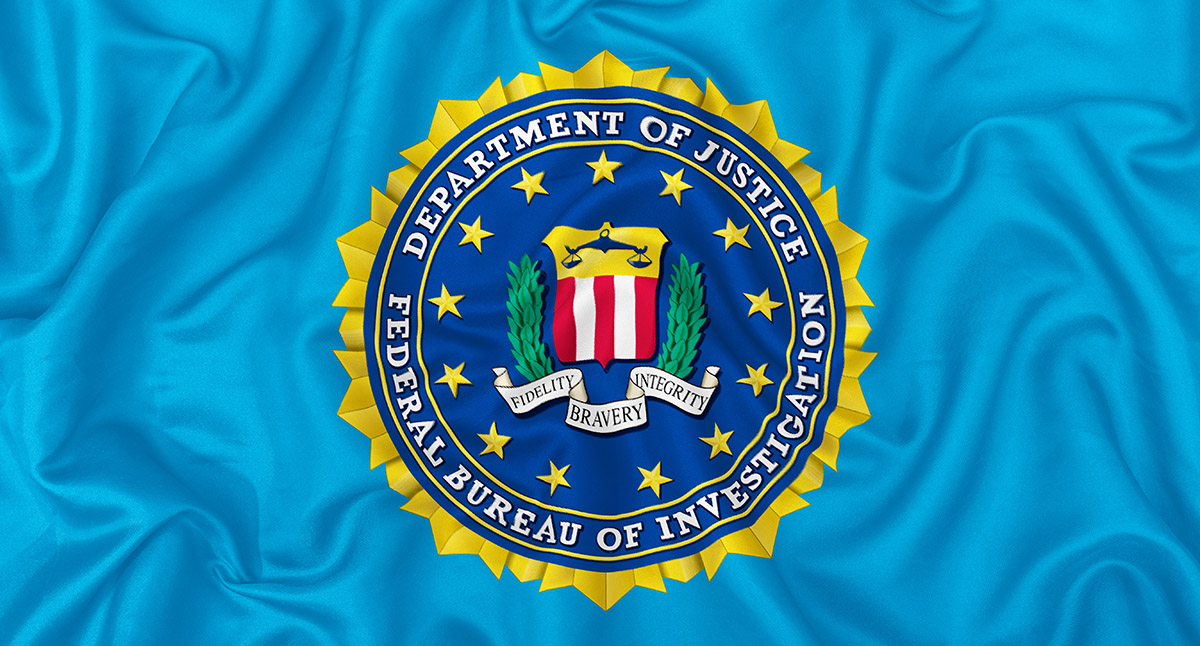by Town Historian Al Dumas
Most people, even if they only have a passing knowledge of FBI history, are familiar with John Edgar Hoover, who led the agency from 1924 until his death on May 2, 1972. Hoover was officially the first director of the organization that became the FBI in 1935, after his service of over 11 years. However, the Bureau actually traces its history back to 1908 – and involves a native of Monticello, Stanley Wellington Finch.
In 1908, Attorney General Charles J. Bonaparte, an appointee of President Theodore Roosevelt (and Grand Nephew of Napoleon Bonaparte of France) created a small force through a combination of practical necessity and innovative foresight.
In assembling his force of special agents, Bonaparte selected a dapper, dedicated veteran of the Department Of Justice to be its first leader. His name was Stanley Wellington Finch. It was a logical choice. Born July 20, 1872 in Monticello, New York, Finch joined the Department of Justice as a clerk in 1893. Over the next 15 years, he rose to become chief examiner, the highest ranking investigative official in the organization. In this position, Finch audited the books of the United States Courts and Prisons and oversaw the work of other examiners.
During this time, like so many other future FBI personnel (including Hoover), Finch was also studying nights at National University, now George Washington University Law School. He earned two degrees by 1909 and was admitted to the Washington, D.C. Bar in 1911. His other studies were done at Baker University in Kansas, Corcoran Science School in Washington, D.C., with attendance at business schools in Albany, N.Y. and Washington, D.C.
Finch also assisted in creating the early Bureau during this time. Prior to the founding of the FBI, Department of Justice investigators were hired literally on a case-by-case basis. Most agents were U.S. Secret Service employees working within the Treasury Department. In December 1907, Bonaparte informed Congress that he needed his own investigative force.
In June of 1908, Congress banned the Secret Service from loaning its personnel. Upon this action, Bonaparte, Finch and their staff were already developing a plan. A Finch memo dated April 29, 1908 said that the Department should create a small, permanent force of special agents to meet its investigative needs. In late June and early July, the department quietly hired 34 investigators.
On July 26, Bonaparte directed his attorneys to refer most investigative matters to Finch for handling by one of these agents, creating the Federal Bureau of Investigation. Finch led the new group flawlessly, keeping close tabs on its work. He was officially named Chief of the newly titled Bureau of Investigation on March 16, 1909, which was coined by Bonaparte’s successor, George W. Wickersham.
Finch’s work continued at the FBI until April 30, 1912 where he was named special commissioner of White Slave Traffic until 1913 when he was named special assistant to Attorney General George Wickersham. His work alternated between the Department of Justice and private employment involving the novelty manufacturing business.
Finch retired from the DOJ in 1940 and lived in Washington, D.C. until his passing on November 22, 1951 at the age of 79 years and 4 months. He is buried in Washington, D.C.

